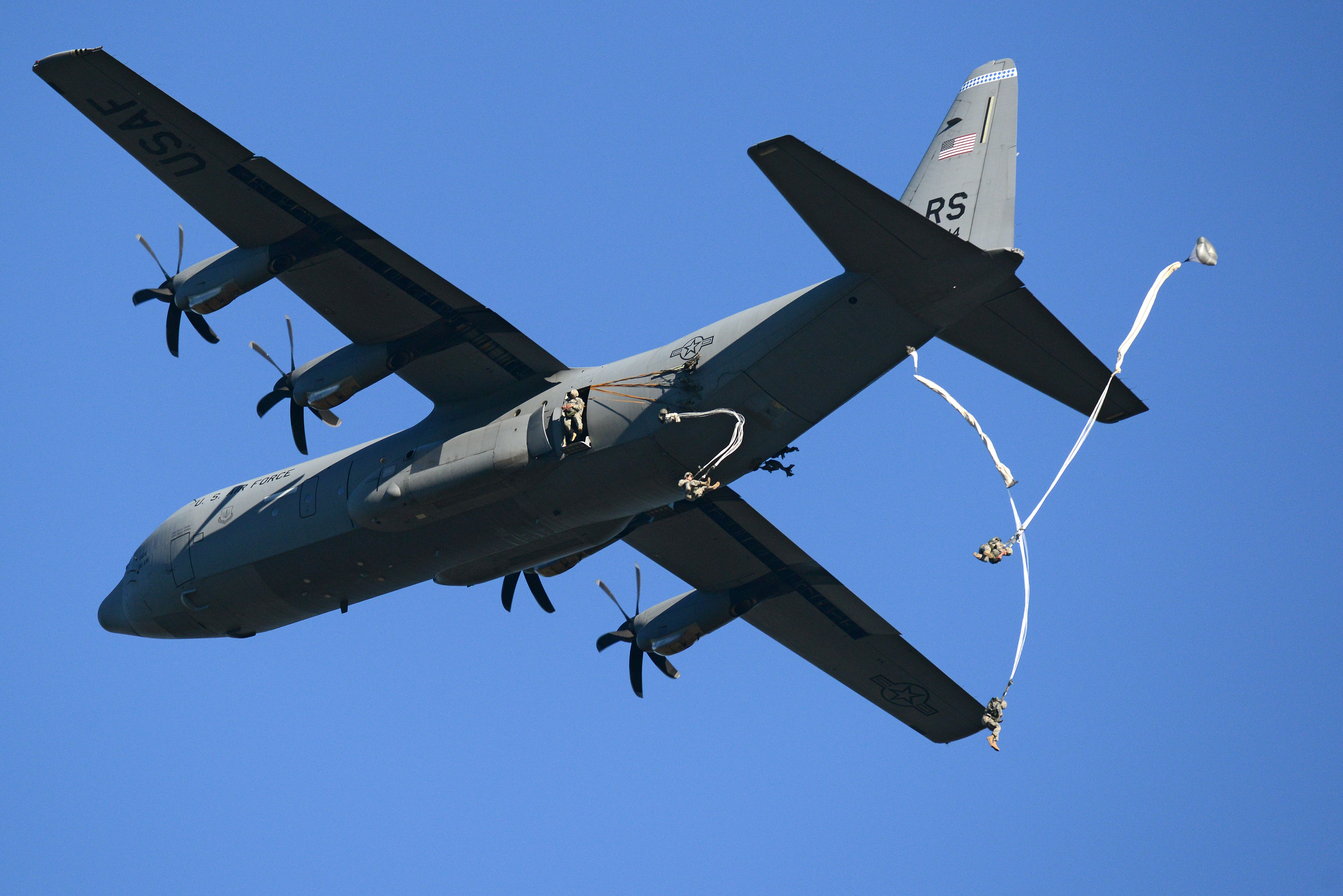
Pentagon: U.S. to Send Troops to Baltics for Exercises in Response to Situation in Ukraine
The U.S. will send more than 600 troops for a training mission in Poland, Latvia, Lithuania and Estonia, Pentagon spokesman…
Copyright 2024 U.S. Naval Institute. All Rights Reserved.